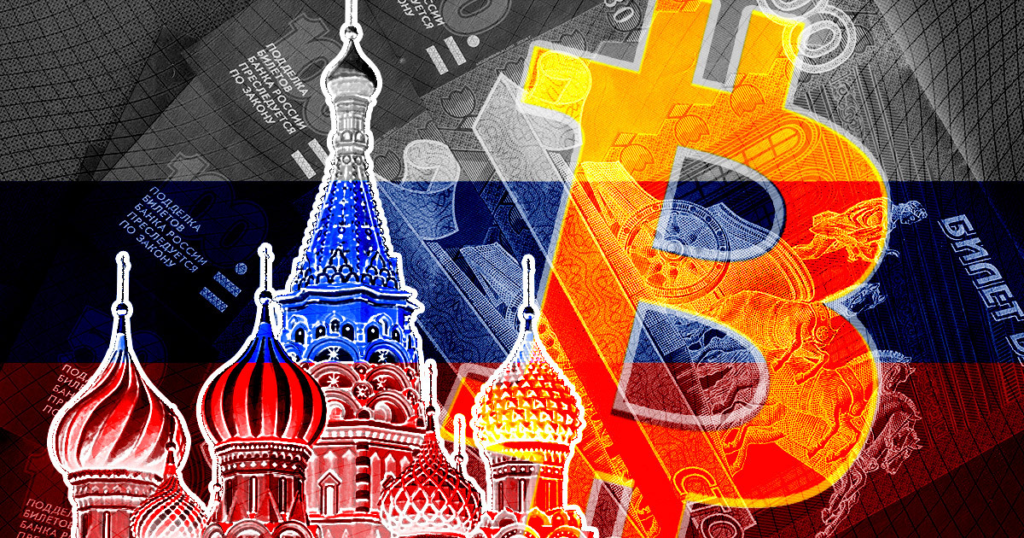The Russian Ministry of Finance is close to finalizing the draft bill on cryptocurrency regulations and intends to legalize crypto as a means of payment, Russian newspaper Kommersant reported on April 15.
The bill also touches on mining and may give the local industry much-needed clarity. It also introduces concepts of professional and non-professional purchasers and the need to establish rules of trade.
The “On Digital Currency” Bill
Under the bill seen by Kommersant, crypto will become a recognized payment method that is “not a monetary unit of the Russian Federation.” Crypto will also be validated as an investment.
However, the bill is not equal for all, and only cryptocurrencies that “do not have an obligated person” will be considered legal in the country. This likely means that one will be able to pay with Bitcoin (BTC), but not stablecoins like Tether.
It is unclear which cryptocurrencies Russia will favor.
Meanwhile, the bill will also place restrictions on who can register as an exchange operator or a digital trading platform operator. The former will have a regulatory requirement of 30 million rubles, while the latter will be required to show 100 million rubles before it can receive approval to operate in Russia.
Companies operating in the crypto space will also be required to make regulatory filings and announcements, much like traditional financial institutions are. Additionally, any foreign entity that wants to operate in Russia will have to set up a unit in the country.
Backlash on restrictions
Experts believe the stringent requirements will cause many investors to turn to the black market and other illegal options. They argue that only the largest financial institutions will be able to operate as trade operators or exchange operators.
Additionally, Russians are not prohibited from using foreign exchanges but they will be forced to use local options and their bank accounts to cash out. According to Andrey Tugarin, managing partner at law firm GMT Legal”
“It will be impossible to sell or buy digital currencies without passing identification. The operator will be able to deposit and withdraw fiat currencies only through banks using a bank account.”

